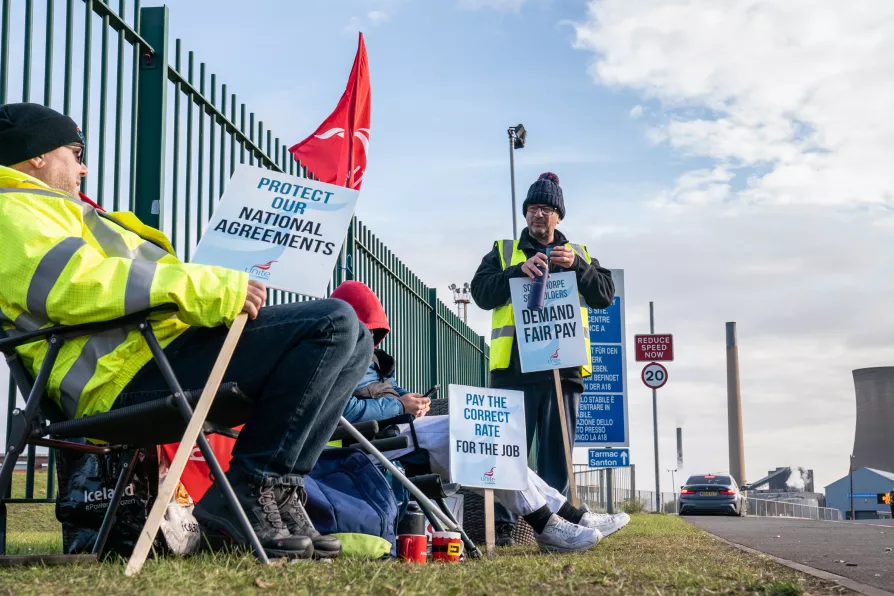John Wojcik pays tribute to a black US activist who spent six decades at the forefront of struggles for voting rights, economic justice and peace – reshaping US politics and inspiring movements worldwide

 The right to picket to peacefully persuade people not to work in an industrial dispute has been a statutory right since 1875 — the Bill will cut down that right
The right to picket to peacefully persuade people not to work in an industrial dispute has been a statutory right since 1875 — the Bill will cut down that right
AS READERS will know this dreadful Bill is back in the House of Lords today. Most of its 290 pages have been debated. Few improvements have so far been achieved. Today, it is the attack on the freedom to protest which is up for debate.
This obviously concerns everyone who believes that freedom to protest peacefully is a fundamental aspect of democracy. I want to draw the attention of trade unionists to the vicious attack in the Bill directed at them.
Let’s leave aside the introduction of a new statutory offence of public nuisance with a maximum sentence of 10 years in prison. And ignore the new offence of “attaching” oneself (by glue, by clasping hands? — the word is undefined). Let’s not mention the new police right to stop and search someone without having any reason. Let’s focus on the right to picket.

The Bill addresses some exploitation but leaves trade unions heavily regulated, most workers without collective bargaining coverage, and fails to tackle the balance of power that enables constant mutation of bad practice, write KEITH EWING and LORD JOHN HENDY KC

Court of Appeal rules key anti-protest legislation was forced through unlawfully











